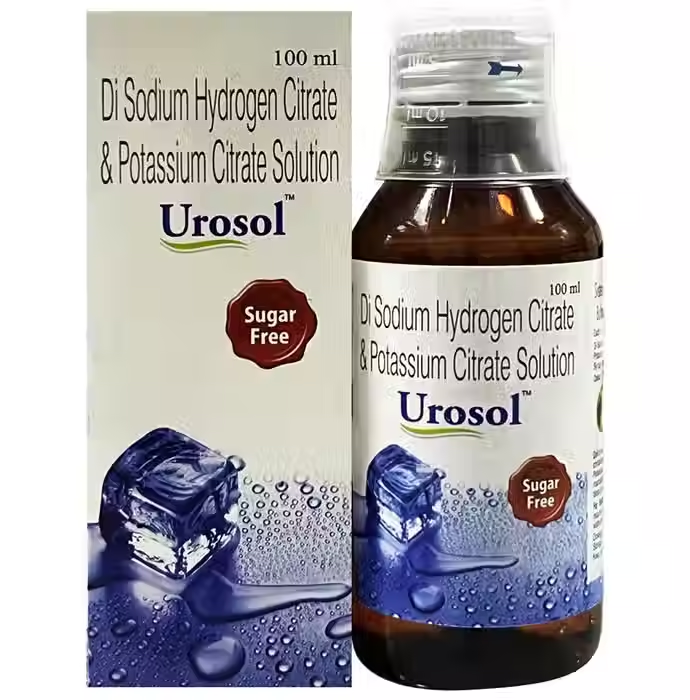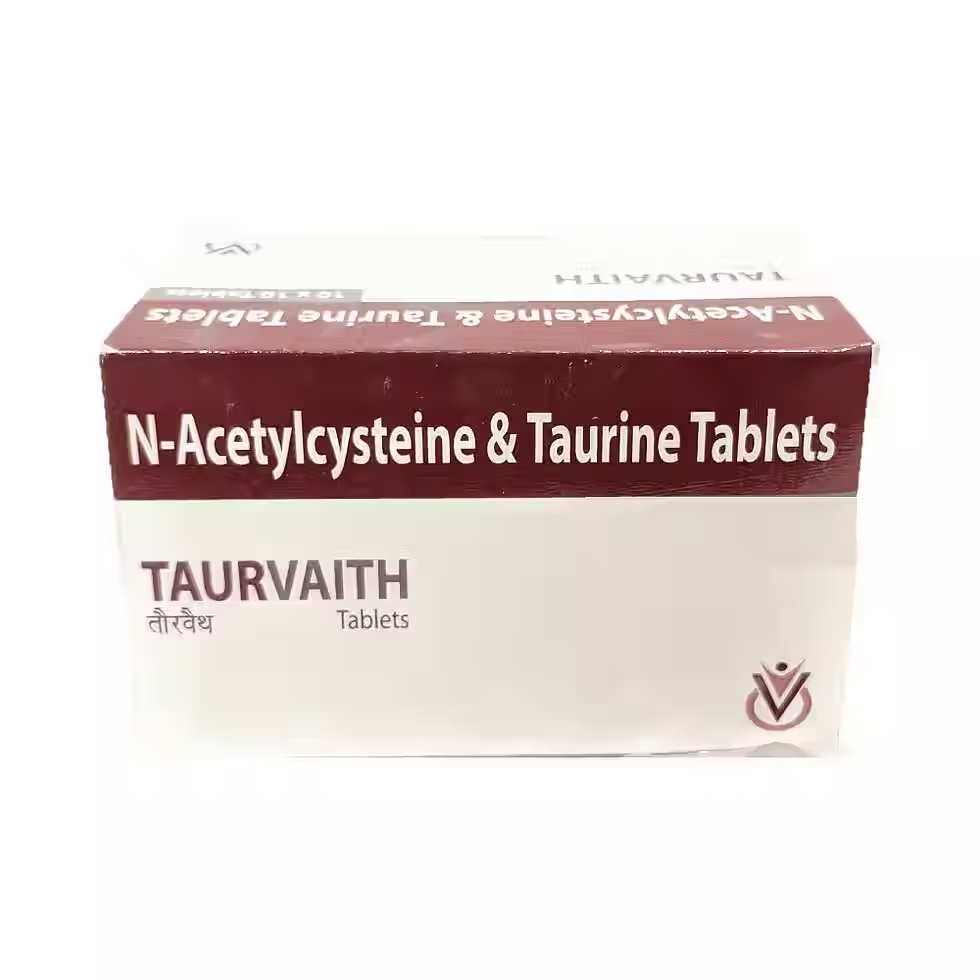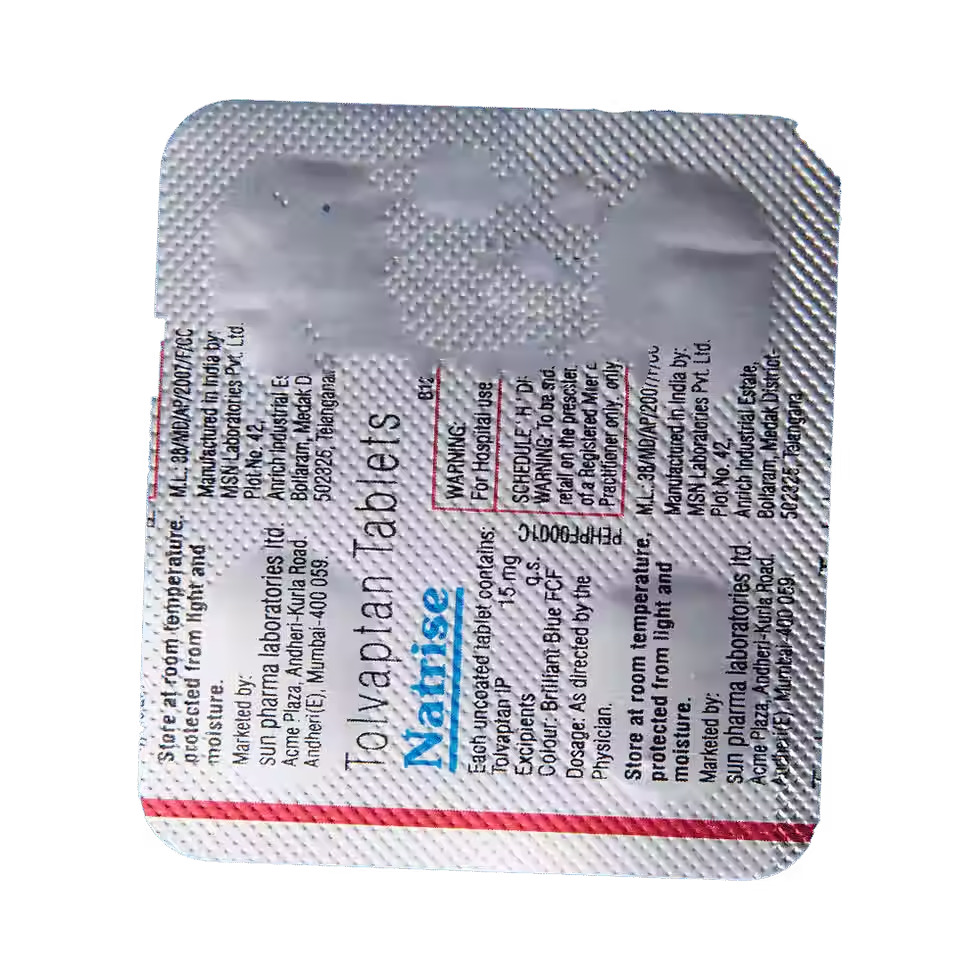Urology is the branch of medicine that focuses on the urinary system in both men and women, as well as the male reproductive system. It addresses conditions affecting the kidneys, ureters, bladder, and urethra, including infections, stones, incontinence, and prostate issues. Effective urology care ensures proper urine flow, toxin elimination, and overall kidney–bladder health.
-
Painful or Burning Sensation: Discomfort when passing urine, often indicating infection or irritation.
-
Frequent Urge to Urinate: Needing to visit the restroom more often than usual, sometimes with only small amounts passed.
-
Urgency & Leaks: Sudden, strong urge to urinate with possible involuntary escape of urine (incontinence).
-
Lower Back or Abdominal Pain: Dull ache or sharp pain near the sides or lower abdomen, possibly signaling stones or infection.
-
Blood in Urine: Pink, red, or brownish tinge indicating possible infection, stones, or other irritation.
-
Incomplete Emptying: Feeling that the bladder is not fully empty after urination, associated with flow obstruction.
-
-
Bacterial Infections: Commonly Escherichia coli leading to inflammation of the bladder lining (cystitis) or upwards into the kidneys (pyelonephritis).
-
Kidney Stones: Crystal aggregates (calcium oxalate, uric acid, or struvite) forming in the kidneys and moving into the urinary tract.
-
Prostate Enlargement: Benign enlargement of the prostate gland can compress the urethra, leading to restricted flow and incomplete emptying.
-
Neurological Impairment: Nerve damage from diabetes, spinal injury, or multiple sclerosis causing bladder control issues.
-
Medication Side Effects: Some therapies for hypertension or certain allergies can affect bladder function or increase urine production.
-
Age‐Related Changes: Loss of muscle tone in bladder and pelvic floor, common as individuals grow older, may lead to incontinence or urgency.
-
-
Dehydration: Insufficient fluid intake concentrates urine, increasing risk of irritation and stone formation.
-
Prolonged Holding: Delaying restroom visits can increase bladder pressure and promote bacterial growth.
-
High‐Oxalate or High‐Sodium Diet: Excess oxalate (spinach, nuts) or sodium (processed foods) can promote stone formation.
-
Caffeinated & Alcoholic Beverages: Caffeine and alcohol act as bladder irritants or mild diuretics, triggering urgency or leaks.
-
Cold or Drafty Environments: Sudden exposure to cold can provoke urgency or bladder spasms in susceptible individuals.
-
Physical Stress: Heavy lifting or strenuous activity may temporarily increase abdominal pressure and promote leaks in those with weakened pelvic support.
-
-
Medical History & Symptom Review: Detailed discussion of urinary patterns, any pain or urgency, fluid intake, and past urinary issues.
-
Urinalysis & Culture: Laboratory examination of urine for bacterial growth, white blood cells, red blood cells, and crystal content to diagnose infections or stone type.
-
Blood Tests: Kidney function assessed via serum creatinine and blood urea nitrogen (BUN) to evaluate filtration efficiency.
-
Imaging Studies:
-
Ultrasound: Noninvasive scan to detect stones, evaluate kidney structure, and check for bladder wall thickening.
-
CT Scan (Noncontrast): Gold standard for small stones and detailed anatomy.
-
Voiding Cystourethrogram (VCUG): X‐ray with contrast to observe bladder emptying and detect reflux.
-
-
Post‐Void Residual Measurement: Ultrasound measurement of remaining urine volume after voiding to identify incomplete emptying.
-
Urodynamic Testing: Measures bladder pressure and flow rate, assessing muscle function and control in cases of incontinence or suspicion of neurological causes.
-
For a urinary tract infection, first‐line therapy typically involves a short course of an antibiotic (e.g., a 3‐ to 5‐day regimen of Nitrofurantoin 100 mg twice daily or Trimethoprim‐sulfamethoxazole 160/800 mg twice daily) to eradicate bacteria. Kidney stones often require an initial round of pain management (e.g., Ibuprofen 400 mg every 6–8 hours as needed) and an oral alpha‐blocker (Tamsulosin 0.4 mg once daily) to relax the ureter and facilitate stone passage. In cases of bladder spasms or urgency, an antispasmodic (e.g., Oxybutynin 2.5–5 mg twice daily) may be prescribed to reduce involuntary contractions. For benign prostate enlargement causing flow obstruction, an alpha‐blocker (Tamsulosin 0.4 mg with the evening meal) relieves smooth muscle tension around the bladder neck, improving urine flow within days. If persistent overgrowth of the gland is confirmed, a 5‐alpha reductase inhibitor (Finasteride 5 mg once daily) may be added to shrink gland volume over several months. Behavioral modifications—such as timed voiding schedules, pelvic‐floor strengthening exercises (Kegels), and adequate hydration (1.5–2 liters of water daily)—complement medication to reduce recurrence and improve bladder control. Regular follow‐up ensures resolution of infection, stone passage, or symptom relief from flow obstruction.
Q1: How much water should I drink to reduce my risk of kidney stones?
Aim for at least 1.5–2 liters (about 6–8 cups) of water daily to maintain urine output above 2 liters. Clear or pale yellow urine indicates adequate hydration, helping prevent crystal formation.
Q2: What can I do to ease urinary urgency at home?
Practice timed voiding—schedule restroom visits every 2–3 hours even if you don’t feel an urge. Pelvic‐floor exercises (tighten the pelvic muscles as if stopping urination, hold for 5 seconds, release; repeat 10 times, three times daily) can strengthen control.
Q3: How will I know if a kidney stone has passed?
Symptoms often include relief of intense flank pain and reduction in nausea. You may notice small, grainy particles in the urine. Collect any expelled particles and bring them to your healthcare provider for analysis.
Q4: Can urinary tract infections recur easily?
Yes. To reduce recurrence, drink adequate fluids, practice gentle perineal hygiene (front to back), empty the bladder fully before and after intercourse, and avoid prolonged holding. Cranberry extract (500 mg twice daily) may help reduce bacterial adhesion to bladder walls.
Q5: When should I seek immediate care for urological symptoms?
Seek prompt evaluation if you experience:-
Severe, unrelenting flank or lower abdominal pain.
-
High fever (over 38.5 °C/101.3 °F) with chills and chills.
-
Inability to pass urine or very low urine output.
-
Significant blood visible in urine that does not clear after hydration.
-
New‐onset incontinence or sudden worsening of bladder control.
-























































